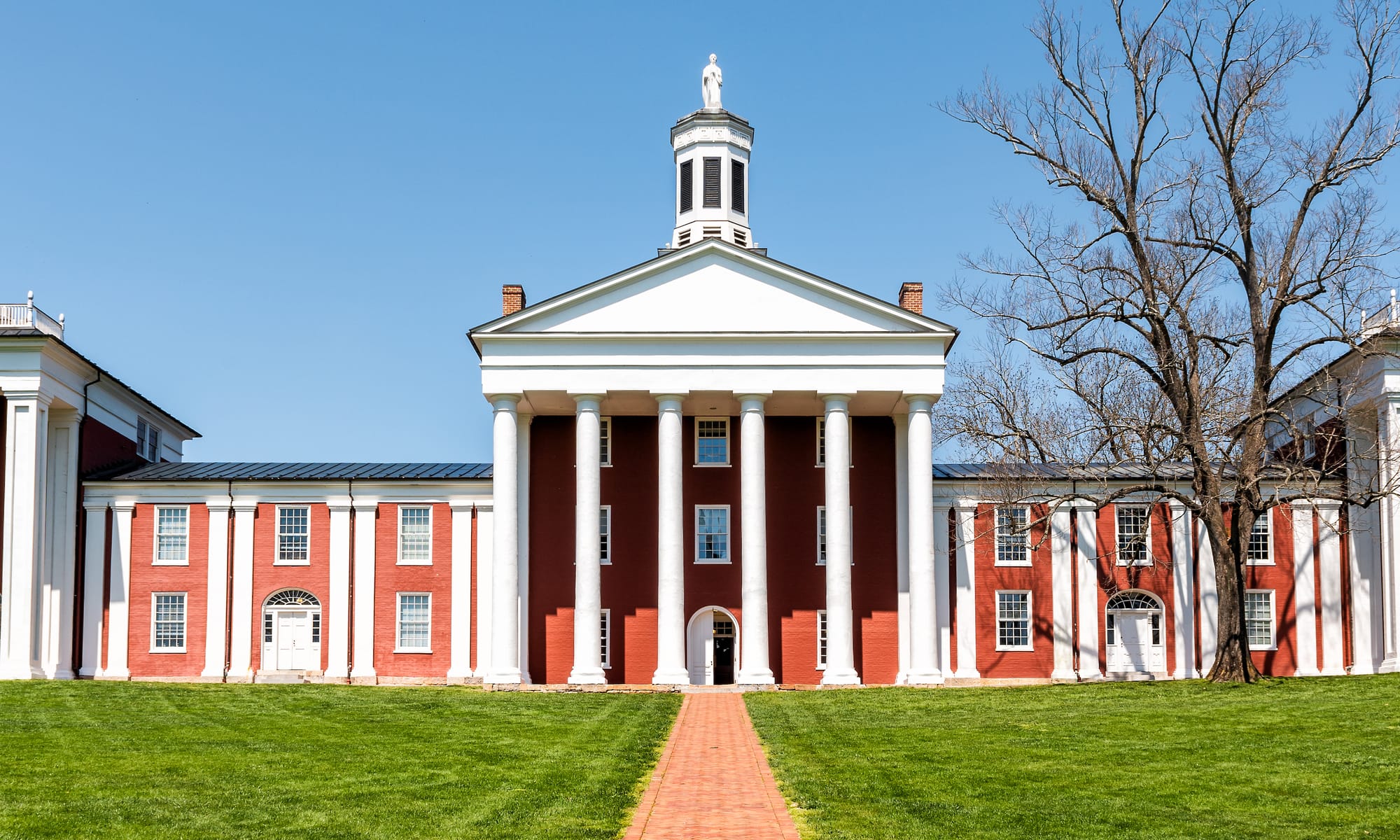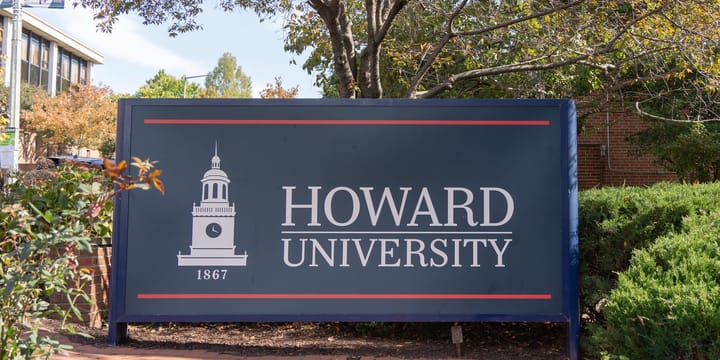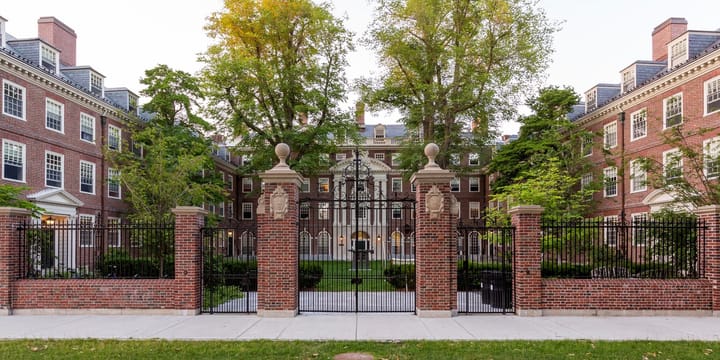Ohio State bans land acknowledgments in latest bout anti-DEI dipshittery
The new policy is one of several in response to a state law that aims to drop any mention of diversity, equity, and inclusion at public universities.

As Emma Whiford reported for Inside Higer Ed earlier this week, Ohio State University has prohibited faculty from making land acknowledgments—statements recognizing the Indigenous peoples who originally inhabited university land—unless directly relevant to course material.
The new policy represents another escalation in the systematic dismantling of diversity, equity and inclusion efforts across American higher education.
This a jarring attack not only on academic freedom, but upon free speech itself.
Sweeping restrictions under state law
The ban stems from Ohio's SB 1, a comprehensive law passed in March. The law aims to eliminate DEI offices and scrub all mentions of diversity, equity, and inclusion from public universities. Ohio State's response has been particularly aggressive though. It extends beyond typical DEI programs, to restricting basic historical acknowledgments and limit student housing decorations to "Ohio State spirit themes," whatever the fuck that means.
Under the new policy from the Office of University Compliance and Integrity, land acknowledgments are classified as "statements on behalf of an issue or cause" and cannot be made by anyone representing a university unit, college, or department. The restrictions extend to virtual and in-person events, websites, social media, signage, meeting agendas, event programs, syllabi and classroom discussions—unless directly tied to course content like Indigenous history classes.
The historical irony
The prohibition carries particular irony given Ohio State's origins. Founded in 1870 as a land-grant university under the Morrill Act of 1862, the institution was built on land seized from Indigenous peoples. According to a 2020 High Country News investigation, Ohio State received 614,325 acres of expropriated Indigenous land—the third-most in the nation—taken from more than 100 tribes through the 1795 Treaty of Greeneville and the Indian Removal Act of 1830.
The university's now-shuttered Center for Belonging and Social Change previously acknowledged this history, stating the campus "resides on land ceded in the 1795 Treaty of Greeneville and the forced removal of tribes through the Indian Removal Act of 1830."
Such statements are now prohibited.
Academic freedom concerns
Richard Finlay Fletcher, an associate professor affiliated with Ohio State's American Indian Studies program, argues that land acknowledgments represent factual statements rather than activism. "Acknowledging the historical and contemporary realities of the university on Indigenous land is not an activist [act]. It's a factual statement," he said.
Lynn Pasquerella, president of the American Association of Colleges and Universities, warns the policy will further chill academic freedom. Enforcement would require students to report professors or record classes to monitor compliance with verbal restrictions. "While neutrality is presented as protecting all voices, its effects are not felt equally across the campus," she noted.
All by themeselves
Ohio State appears to be the only Ohio public university interpreting SB 1 to prohibit land acknowledgments,. This suggests an over-zealousness beyond legal requirements. Several other universities in the state have not implemented similar restrictions despite operating under the same state law.
Broader implications
The land acknowledgment ban illustrates how anti-DEI legislation extends beyond formal diversity programs to restrict basic historical education and faculty speech. By classifying factual statements about Indigenous history as political advocacy, the policy demonstrates how "neutrality" policies can effectively silence discussions of historical injustice while claiming to protect academic freedom.
As universities nationwide face similar pressure to eliminate diversity initiatives, Ohio State's broad interpretation of compliance requirements may signal how institutional responses could expand beyond traditional DEI programs to restrict any content deemed potentially controversial—even basic historical acknowledgments.
And that's when it gets really scary.
Non in cautus futuri.



